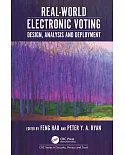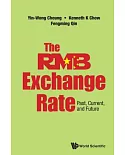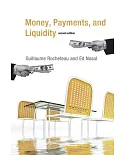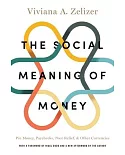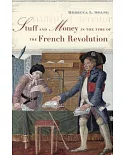The Post-Uruguay Round era has seen a proliferation of regional preferential trade agreements (PTAs) as well as progressive multilateral trade liberalization initiatives. This has stimulated
theoretical discussion on whether the policy of pursuing PTAs will have a malign or a benign impact on multilateralism. In the former case, proliferation of PT As may increase protection in
global trade due to trade diversion effects, thereby creating impediments to multilateral freeing of global trade. In the latter case, the expansion of PTA membership could ultimately lead to
non-discriminatory global free trade. At the core of this discussion is the question of how to explain the preference for PTA membership. While some economists view the expansion of PTA
membership as exogenously determined, participants of the Fourth Annual Workshop of the Network EU-LDC Trade and Capital Relations also considered endogenous factors explaining increased PTA
membership. This book offers a closer look at the motives of policy makers in both developed and developing countries to still adhere to PTAs, notwithstanding the theoretical superiority of
multilateralism, and addresses the question of how to bring order into the world trading system. These issues are dealt with in 9 chapters by scholars from both the EU and LDCs. Each paper is
discussed in terms of its policy relevance by a policy maker as well as by an academic specialized in the field.




